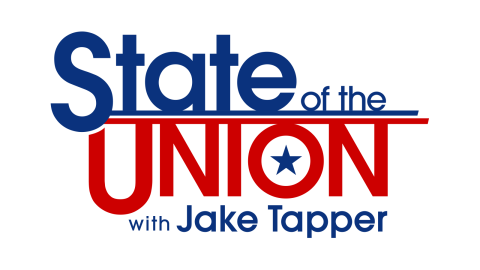Story highlights
The Pentagon transferred six Guantanamo Bay detainees to Uruguay, it announced Sunday
House Intelligence Committee Chairman Mike Rogers says the move should be reconsidered
Rogers says previously released prisoners have re-engaged in terrorism
On Sunday, the Pentagon announced it transferred six Guantanamo Bay detainees to Uruguay for resettlement as refugees, a move which House Intelligence Committee Chairman Mike Rogers says should be reconsidered.
“I’ve been opposed to this notion that we’re going to farm out Gitmo to places,” Rogers told Candy Crowley on CNN’s “State of the Union,” noting most of the detainees sent to Uruguay are not originally from there.
According to Rogers, the foreign intelligence services the United States pays to monitor the newly released detainees in countries such as Uruguay are often ill-equipped to handle the job.
“What we have found in the past is it doesn’t work very well,” he said. “I don’t think that surprises anybody. So I argue that maybe we ought to rethink what we’re doing here.”
Echoing the sentiments of many members of Congress, Rogers said some previously released prisoners are now re-engaged in the terrorist fight.
“We knew that was going to happen,” Rogers said. “That’s why those of us who were trying to do the review of this were so concerned, because they were so interested in getting them out, that they forgot to do the due diligence – I think – that would allow them to at least protect those that were going to go back into the fight, from getting back into the fight.”
Last week, the Obama administration suffered a huge setback in its attempt to close down the detention camp permanently when the House passed a $585 billion defense authorization bill excluding language that would have banned the transfer of any more prisoners to Guantanamo Bay, a stipulation the White House had sought.
On Monday, Senate Armed Services Committee Chairman Carl Levin, D-Michigan, said it would also likely be absent from the final bill sent to the President’s desk.
“Our language (on Guantanamo) … will not be in,” Levin told reporters last week.
The President has sought to close Guantanamo Bay since he took office in 2008 – and issued an executive order to do so in 2009 – but has faced fierce opposition from members of Congress, like Rogers, who allege that doing so is a threat to national security.
Outgoing Defense Secretary Chuck Hagel, who recently announced his resignation in light of administrative pressure, authorized the prisoner release, according to the Pentagon. His reluctance to approve the mission until now could have been a part of the tension leading to his resignation.
But House Intelligence Committee member Adam Schiff, D-California, defended Hagel’s decision to delay the authorization of the mission, citing his continued concerns over the timing of the prisoner release.
“There were a couple of things I think Secretary Hagel had some continued concerns over,” Schiff said on CNN’s “Newsroom.” “He wanted to make sure that he was satisfied that he could sign on the dotted line.”
Schiff pointed to Uruguay’s recent presidential election as one of the roadblocks.
“There was an election taking place in Uruguay, and I think the president – who agreed to accept these detainees – didn’t want it to be an issue in the presidential campaign,” Schiff said. “And so it was stayed until after that election was over.”
This story has been updated to include additional information
Watch State of the Union with Jake Tapper Sundays at 9am ET. For the latest from State of the Union click here.







